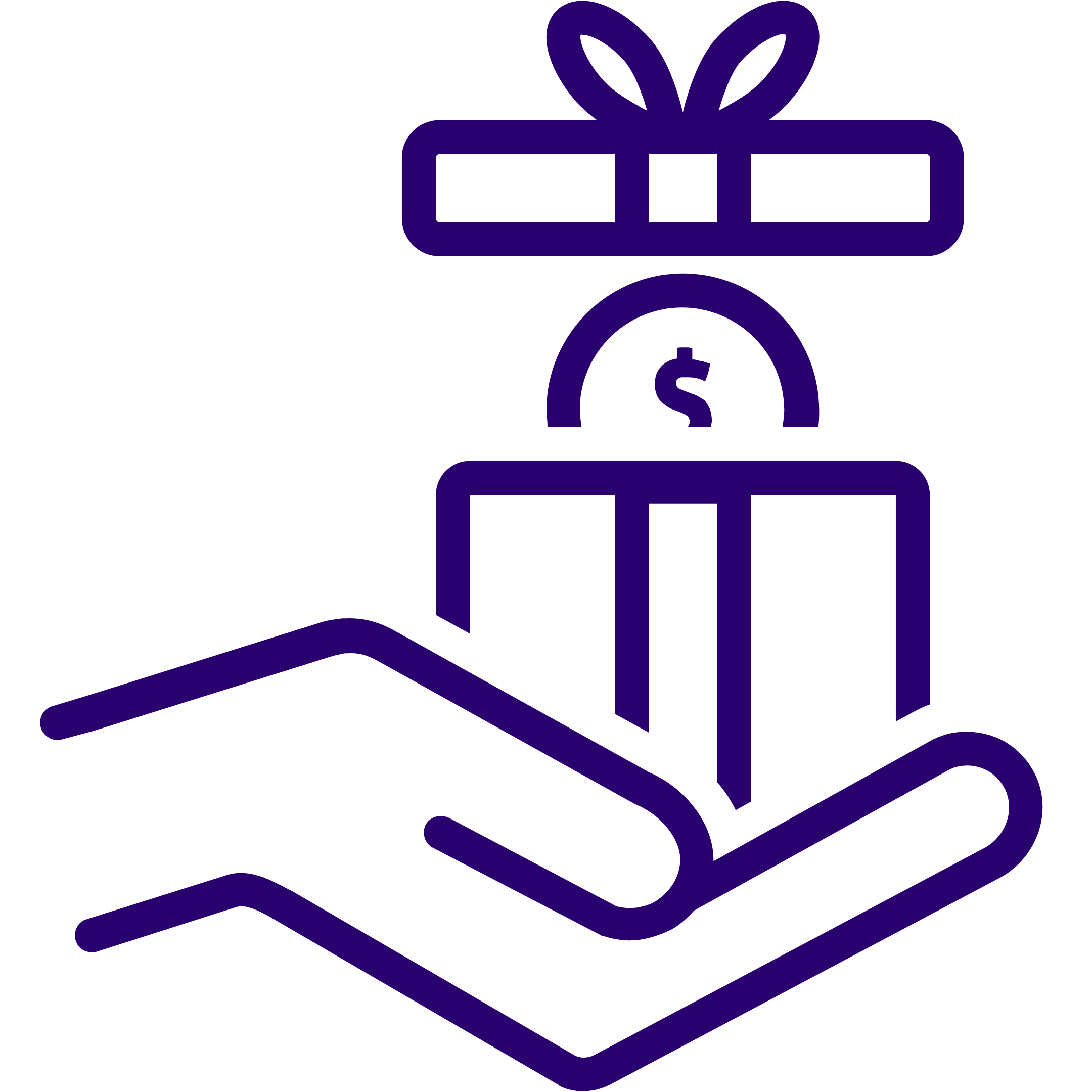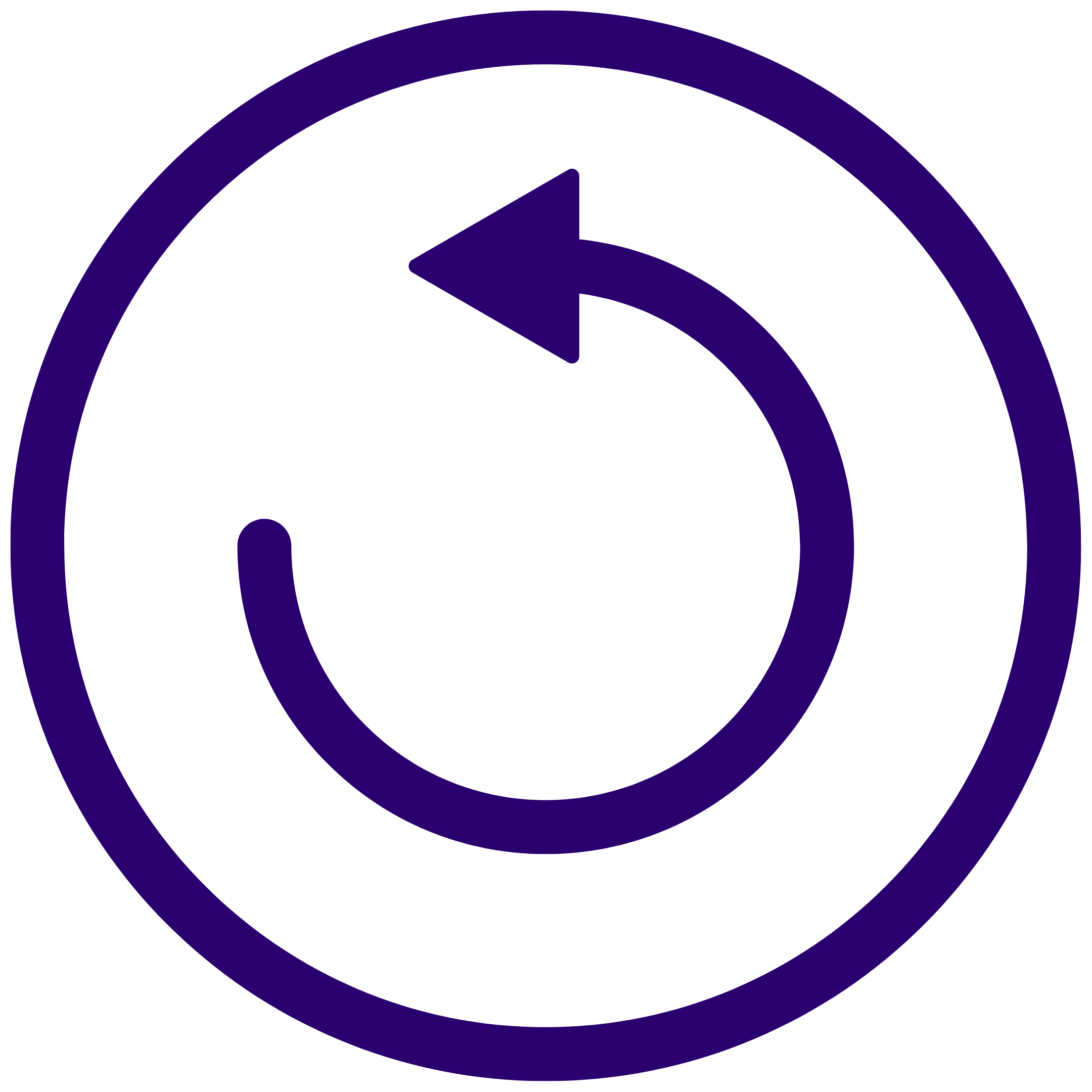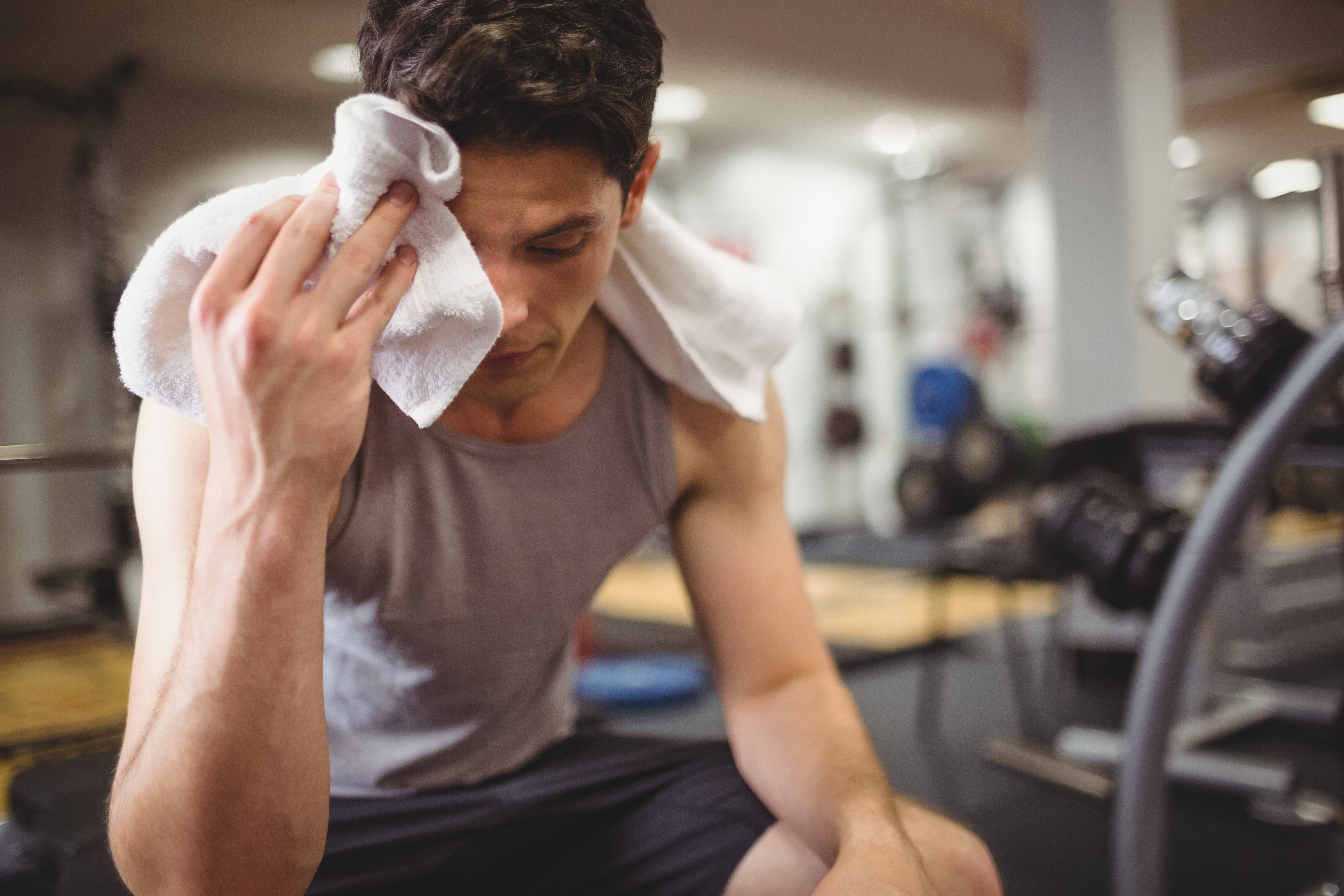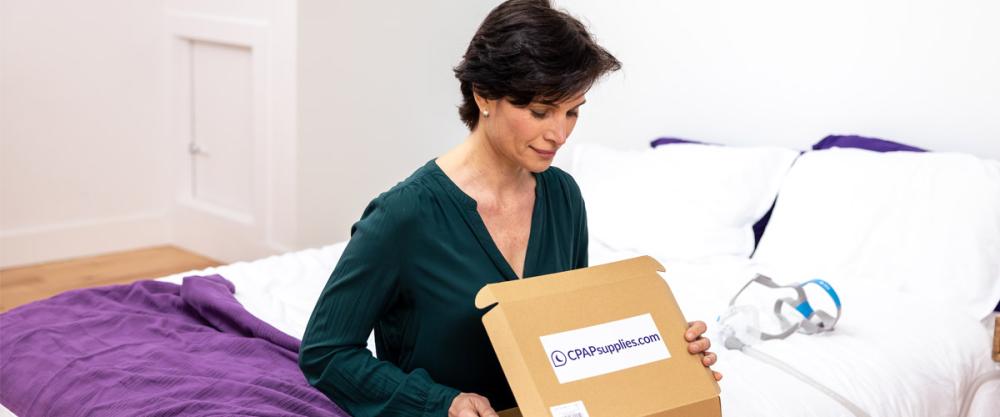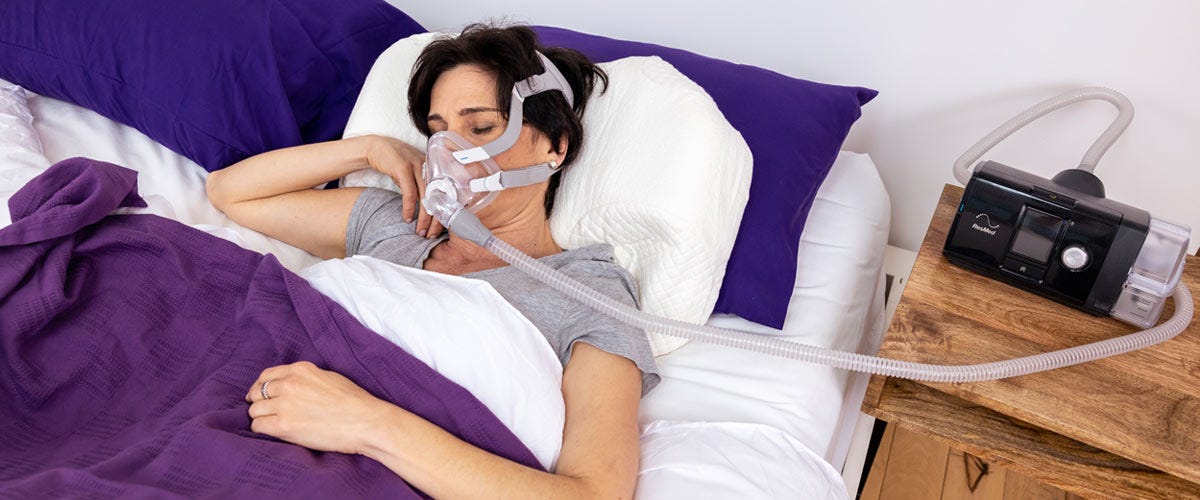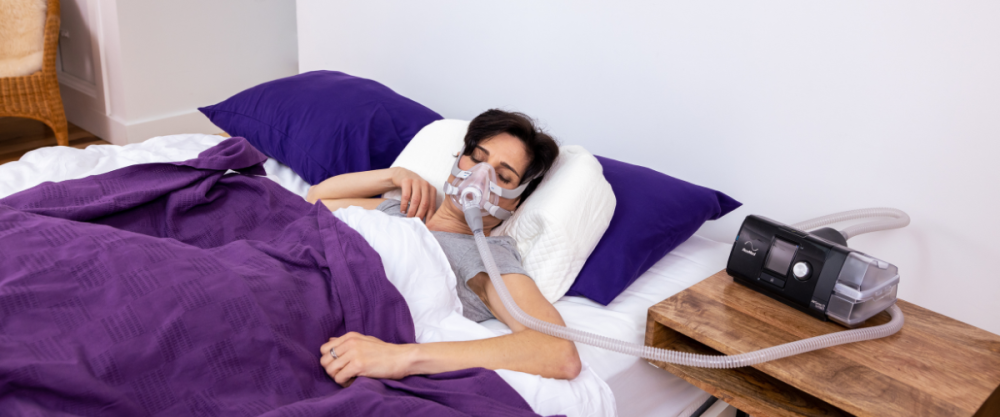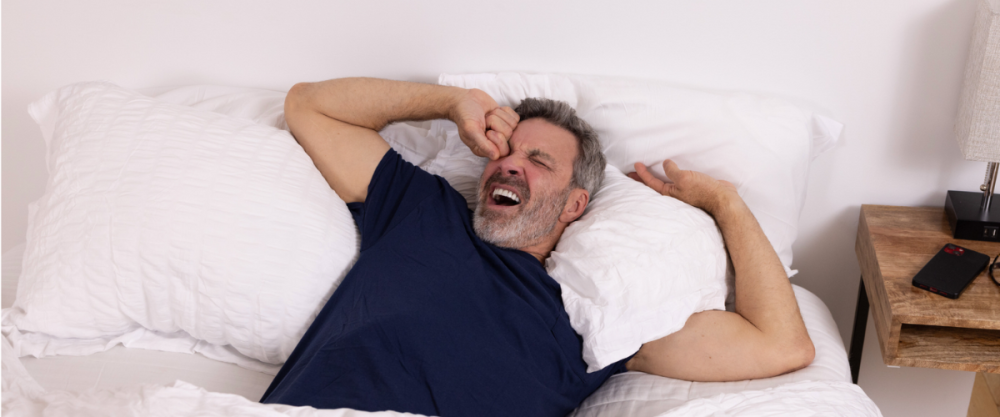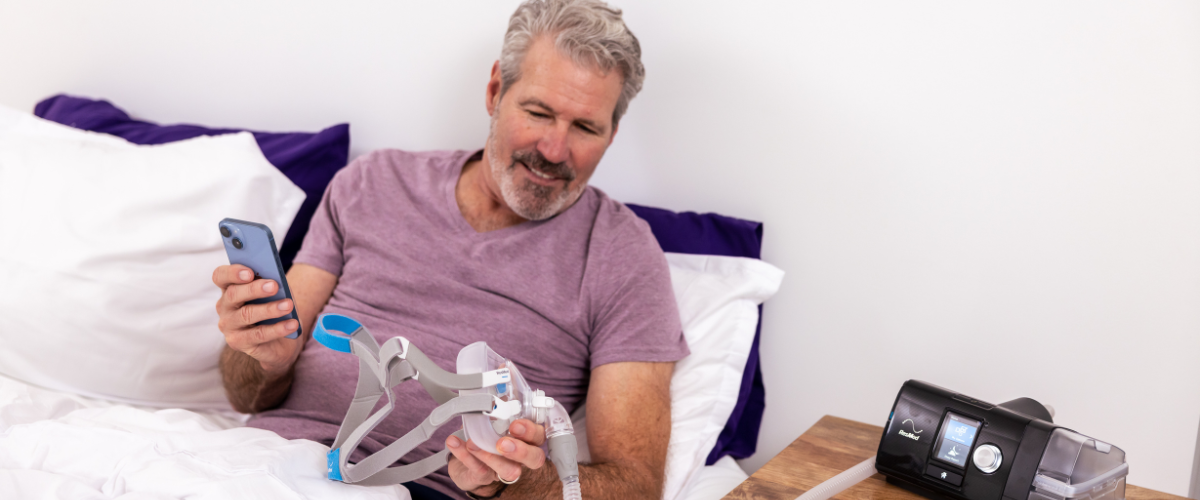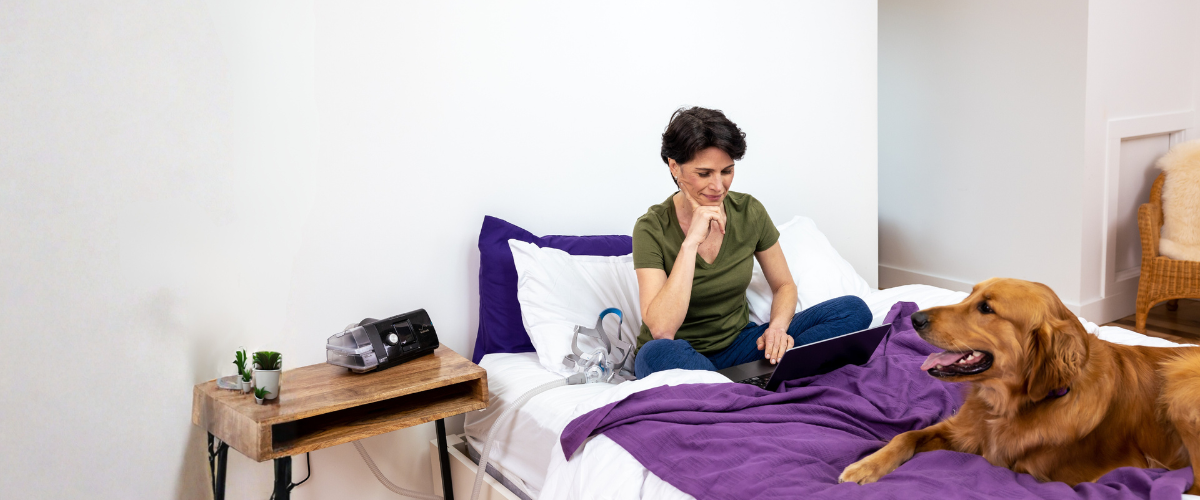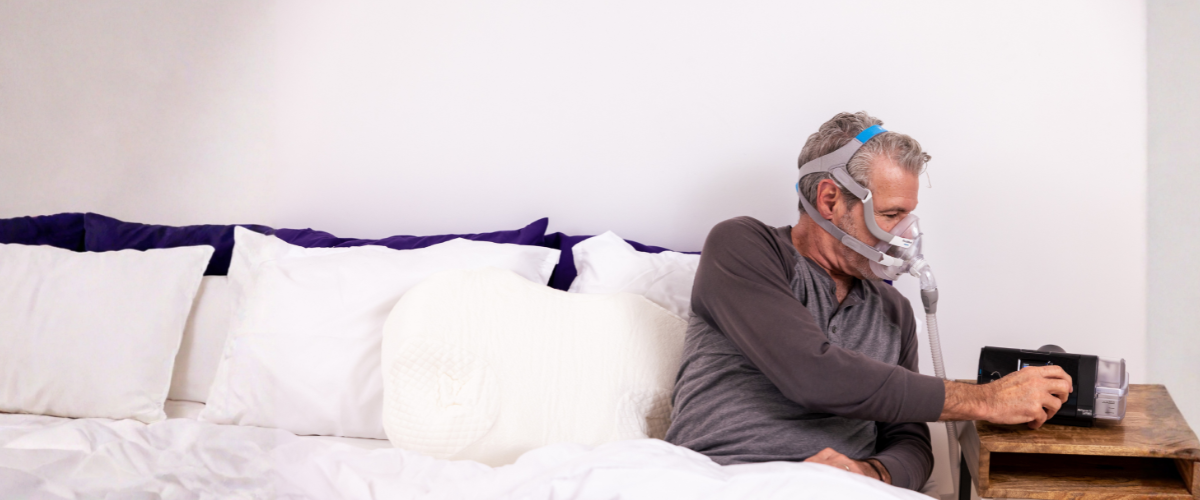Generally, people pay the most attention to athletes when they are competing, not as they sleep. However, athletes with sleep apnea could be at a disadvantage as it lowers the amount of oxygen in their blood and prevents their bodies from physical healing. In honor of National Ninja day, ninja warriors, professional athletes, and those just working on their fitness learn about how sleep apnea ruins athletic performance.
Sleep Apnea And Exercise
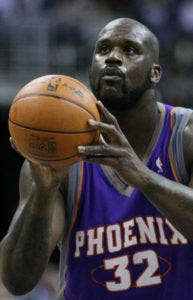
Take it from Shaquille O’Neal and other celebrities with sleep apnea, treating the condition restores a lot of daily energy and can even improve weight loss. Shaq wasn’t aware that he had sleep apnea until his girlfriend alerted him to his excessive snoring problem.
After undergoing testing and being diagnosed with sleep apnea Shaq could notice an immediate difference with his energy levels and felt better with CPAP therapy. It even helped with his weight. As a result, he’s launched an awareness campaign called, “Shaq Attacks Sleep Apnea”, because this sleep disorder is incredibly dangerous. It could negatively impact your health and physical well being.
How Sleep Apnea Effects Aerobic Exercise
Sleep apnea occurs during sleep when your body involuntarily stops breathing multiple times during the night. This could be due to an obstruction or blockage caused by the fatty tissues around your throat collapsing or because the signals from your brain to keep breathing getting mixed up.
1. Decreased Energy
Either way, your body is deprived of oxygen, as a result, and can make it harder to exercise. Your muscles need oxygen to function. Once you start moving and your heart rate increases, your muscles need even more oxygen to perform.
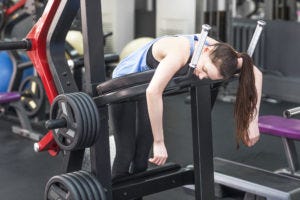
However, with a lack of enough oxygen, your muscles take glucose and make lactic acid instead of energy. That’s when fatigue sets in and your performance starts to decline. One study that measured VO2 max, the maximum amount of oxygen a person can uptake during exercise, found that those with sleep apnea had a 14% lower VO2 max compared to participants without sleep apnea.
With sleep apnea weight loss can be affected as well. Not only does sleep deprivation decrease energy during workouts, but fatigue can impact your motivation to work out as well. Being tired can make it harder to be motivated or feel like you have enough energy to work out.
Card2. Decreased Metabolism
Plus, sleep apnea may decrease your metabolism, making it more difficult to burn fat. Your ability to make healthy diet decisions may be impacted as well.
Those with sleep apnea may have reduced levels of the hormone leptin, which is responsible for letting your body know that you’re full and can, in turn, burn fat storage. With less leptin, you may take longer to feel full and keep on eating.
Sleep apnea is also linked to increasing levels of the hormone ghrelin, the hormone that tells your body that you’re hungry. So with fatigue, you may feel hungrier and as your body signals the need for more energy your cravings for sweets to spike your blood sugar may also increase.
3. Increased Pain
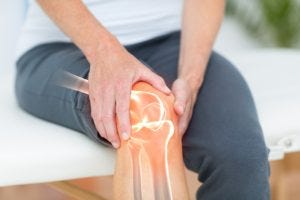
As your body operates under sleep deprivation it becomes stressed, leading to increased levels of cortisol, the stress hormone. While small levels of cortisol assist with the flight or fight response in the body, too much may increase glucose levels in the blood leading to diabetes, and high blood pressure.
Both of these conditions may impair the body’s ability to reduce or properly regulate pain responses. As a result, patients with sleep apnea often experience chronic joint pain and arthritis, making it more difficult to be active.
Sleep Apnea Exercises
If you’re working towards a healthier lifestyle don’t forget about breathing exercises for sleep apnea to enhance your breathing to pull in more oxygen. By working the throat, tongue, soft palate, and jaw you may reduce obstructions.
Tiger Yell - Strengthen your throat muscles by opening your mouth wide, like you’re a tiger about to roar, then move your tongue out like you’re trying to lick your chin for about 5 seconds. Do this for 10 repetitions.
Singing - Singing loudly may increase the strength in your soft palate and upper throat muscles. Start by singing the sounds of vowels or by with songs that make you happy.
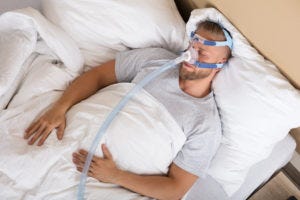
Tongue Control - Prevent your tongue from sliding back into your throat as you sleep with this daily tongue exercise. Push your tongue against the roof of your mouth and pull it backward about 20 times. This activity is known as tongue slides.
You can also use a CPAP or continuous positive airway pressure device for immediate relief. CPAPs work by delivering a constant stream of air to hold your airway open during sleep. This way your body is able to receive the necessary oxygen to help you mentally and physically heal with restorative rest.
Don’t Let Sleep Apnea Ruin Your Fitness
Whether you’re a professional athlete, training for American Ninja Warrior, or simply trying to cut a few pounds back, sleep apnea could ruin your results by making you feel weak, tired, and increasing levels of pain. Get back on track by properly treating this sleep disorder!



